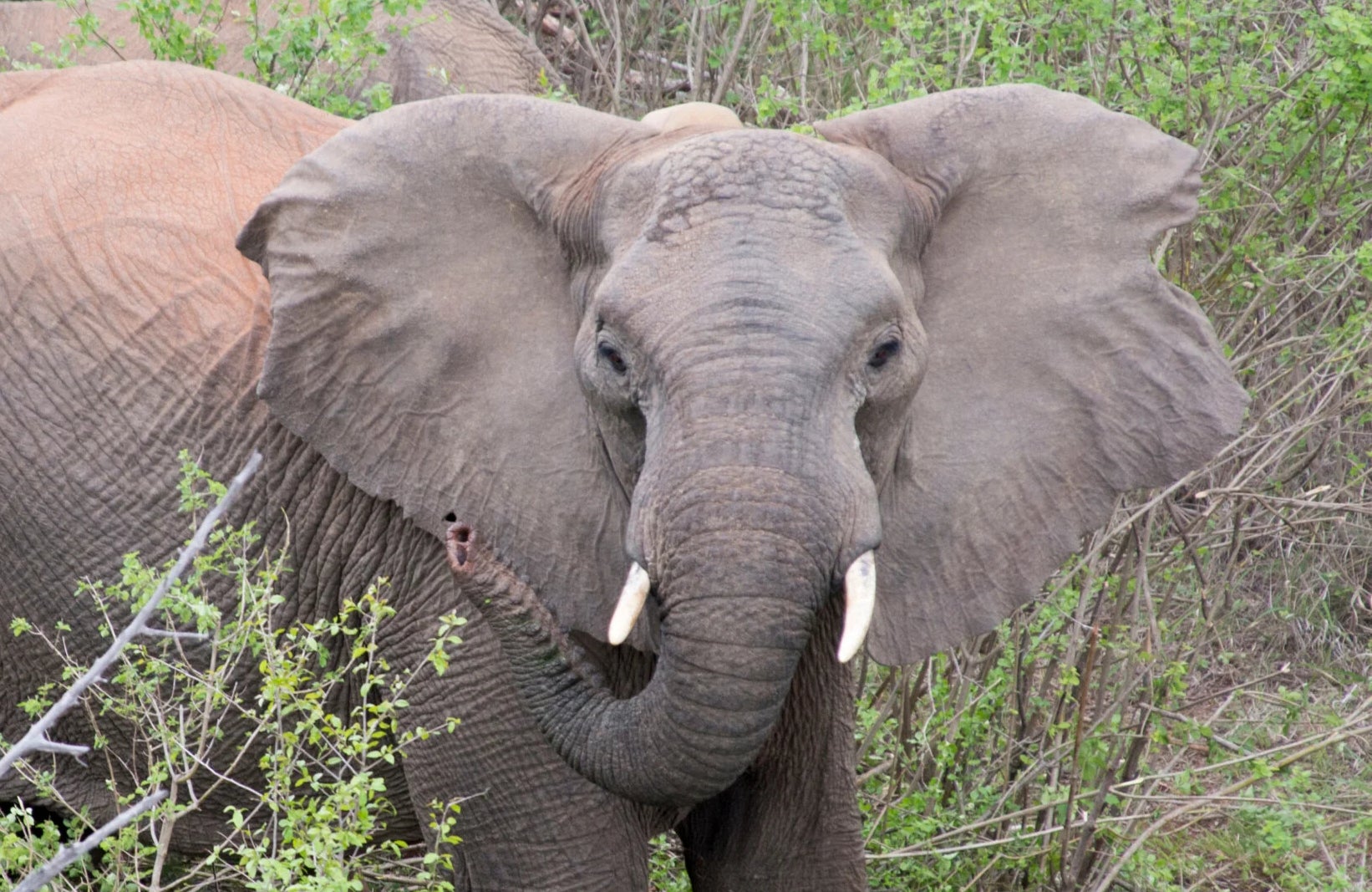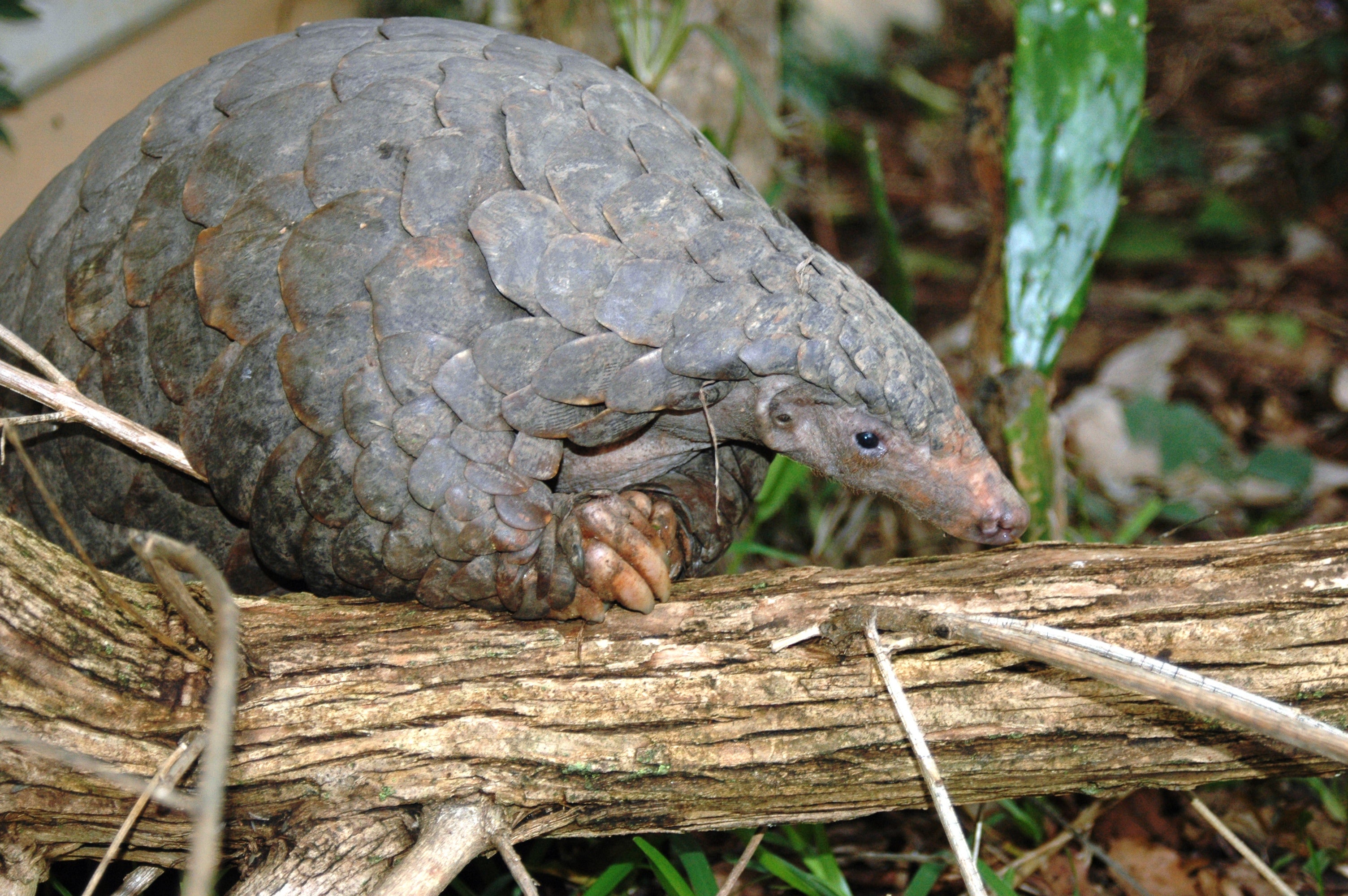
PETEN, Guatemala―Once the transport cages were opened, a multicolored plumage again adorned the jungle in the Mayan Biosphere Reserve, in Guatemala. Nineteen scarlet macaws (Ara macao cyanoptera), an emblematic species in the Central American region, returned to their natural habitat, after having been rescued and confiscated from illegal wildlife trafficking.
While the scarlet macaw is currently classified as “least concern” by the International Union for Conservation of Nature, several countries throughout Central and South American list the species as under greater threat. Researchers estimate there are between 150 and 200 scarlet macaws remaining in Guatemala, where they are listed as threatened. The northern subspecies is considered in danger of extinction in Mexico, Belize, Costa Rica and Panama; a species of concern in Honduras; and protected from take in Nicaragua. Rainforest habitat loss and wild capture and exploitation for the illegal pet trade are the main threats to this species. Snatched from their nests in the wild, these birds can be trafficked for hundreds of dollars each to countries around the world including the United States, where the U.S. Fish & Wildlife Service lists scarlet macaws as threatened.
The release of these threatened and colorful birds was the result of joint work by non-governmental, non-profit organizations, Asociacion Rescate y Conservacion de Vida Silvestre (known as ARCAS) and Humane Society International/Latin America, with the support of the Luis Von Ahn Foundation and Defensores de la Naturaleza, as well as the National Council of Protected Areas, known as CONAP.
All of the released macaws were victims of illegal wildlife trafficking. While most were hatched at ARCAS’s Wildlife Rescue Centre from parent birds rescued from the wildlife trade, two were confiscated directly by the authorities. Fernando Martinez, director of ARCAS Petén, explains: “The two confiscated juveniles were kept in boxes and were destined for the illegal pet trade. Since they arrived at the rescue center when they were young, they had the opportunity to join the rest of the group and return to the habitat from which they were extracted.”
“Through our rehabilitation process, all nineteen young birds have learned the skills necessary to live free and increase the wild population of macaws in the Mayan Biosphere Reserve.”
Andrea Borel, executive director of HSI/Latin America, said: “Illegal wildlife trafficking in Guatemala poses a major threat to endangered species such as macaws, as traffickers remove chicks from their nests to sell as pets. Such trafficking puts a price tag on these species, leading to unsustainable population declines. In addition to further threats from habitat loss, this illegal activity causes suffering and distress to the birds who are stolen from the wild and smuggled long distances to be sold on the black market for the pet trade. That is why, since 2007, HSI/Latin America has been working with our local partner, ARCAS, on wildlife protection and conservation in Guatemala.”
The release of the macaws to their natural habitat was facilitated by members of the non-governmental organizations listed above, under the supervision of CONAP. The released birds will be observed and monitored for 15 days to track their progress.
ENDS
Media contacts:
- Global media: Wendy Higgins whiggins@hsi.org
- Spanish language media: Grettel Delgadillo, gdelgadillo@hsi.org


